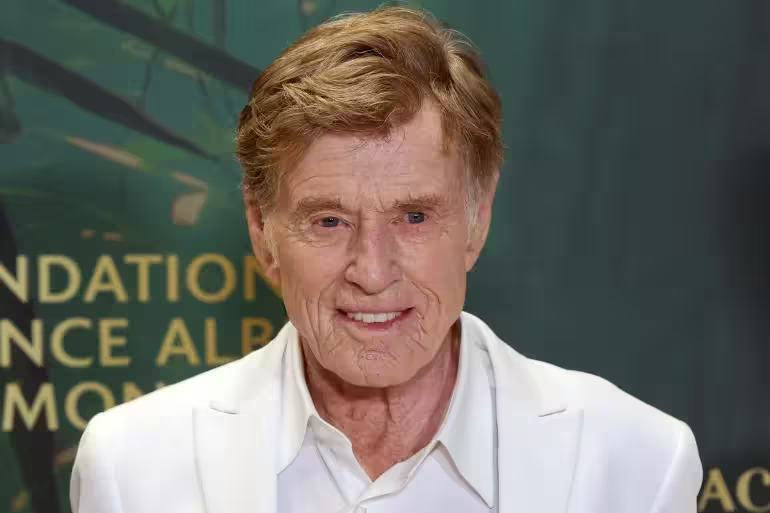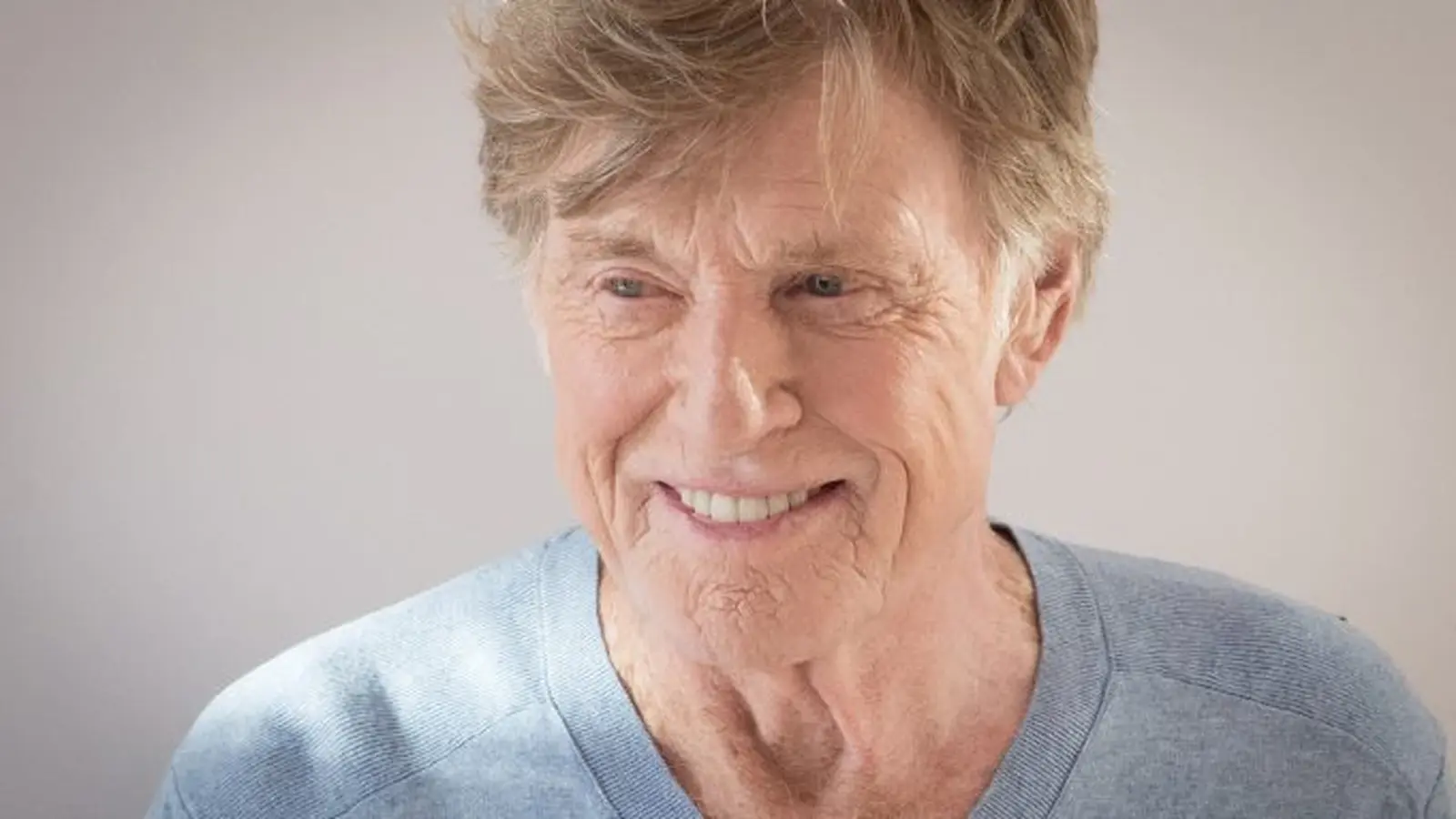5 Minutes
Robert Redford, 1936–2025: A concise portrait
Robert Redford, one of Hollywood’s most recognizable faces and a key architect of modern independent cinema, died on September 16, 2025, at his home in Sundance, Utah. He was 89. According to his representatives, Redford passed away in his sleep at the mountaintop estate he purchased decades earlier, surrounded by family. The family has requested privacy.
From Broadway to Butch Cassidy
Born in 1936, Redford trained at the American Academy of Dramatic Arts and began his career on stage, making a string of Broadway appearances in the late 1950s and early 1960s. He moved to film and achieved stardom with George Roy Hill’s Butch Cassidy and the Sundance Kid (1969), a rollicking Western that crystallized his screen persona: charismatic, laconic, and quietly magnetic. That breakthrough made him a fixture of the New Hollywood era alongside actors like Paul Newman and Dustin Hoffman, who similarly blended star power with a willingness to take on more nuanced, morally ambiguous roles.
Acting, directing and a rare directorial triumph
Redford’s film career spans high-profile thrillers and intimate dramas. Notable titles include The Sting, All the President’s Men, Three Days of the Condor, and Sydney Pollack’s Out of Africa. In 1980 he made a decisive shift behind the camera with Ordinary People, his directorial debut adapted from Judith Guest’s novel. The film won four Academy Awards, including Best Picture and Best Director, establishing Redford as one of the few actors of his generation to achieve major success as a filmmaker. He returned to directing with The Milagro Beanfield War in 1988 and balanced acting and directing through the 1990s and 2000s, with later credits such as Spy Game, A Walk in the Woods and The Old Man & the Gun. He even made a brief cameo in Avengers: Endgame.
A lasting institution: the Sundance legacy
Redford’s influence extended far beyond his filmography. In 1981 he founded the Sundance Institute on a parcel of Utah land he had bought years earlier. What began as a small filmmakers’ lab evolved into the Sundance Film Festival after the Institute took over the U.S. Film Festival in 1985. Over subsequent decades Sundance became the premier showcase for American and international independent cinema, introducing filmmakers such as Steven Soderbergh, Quentin Tarantino, Kevin Smith and Paul Thomas Anderson to wider audiences. Films nurtured by Sundance include Boys Don’t Cry, Pariah and Reservoir Dogs—titles that reshaped film language and industry expectations.

Redford stepped back from active duties at Sundance in 2019, but the festival’s role in the film ecosystem—discovering voices, creating distribution pathways, and influencing studio strategies around indie acquisitions—remains a defining part of his legacy.
"Redford bridged the commercial and the independent in a way few stars have managed," says cinema historian Marko Jensen. "His work as an actor and director was significant, but his true influence may be the institutions he built that continue to support new voices in cinema."
Honors, recognition and cultural reach
Across six decades, Redford received numerous awards: an Academy Award for directing Ordinary People, an honorary Oscar in 2002, multiple Golden Globes including the Cecil B. DeMille Award, the Golden Lion for Lifetime Achievement in Venice, and the Presidential Medal of Freedom in 2016. Critics and industry figures regularly noted his dual career as an on-screen star and an advocate for storytelling that examined social and political concerns.
Context and reflections
Redford’s trajectory reflects broader shifts in American film: the rise of the auteur-driven New Hollywood, the commercialization of independent film, and the institutionalization of festivals as talent incubators. While his accomplishments drew broad praise, the festival era he helped create has also sparked debates about access, representation, and how indie success is defined once films enter the marketplace.
His death closes a chapter in contemporary cinema: a performer whose star turns defined an era and a patron whose institutional vision reshaped how independent films reach audiences. For many filmmakers and film lovers, that dual contribution will remain his most enduring legacy.
Source: deadline



Leave a Comment